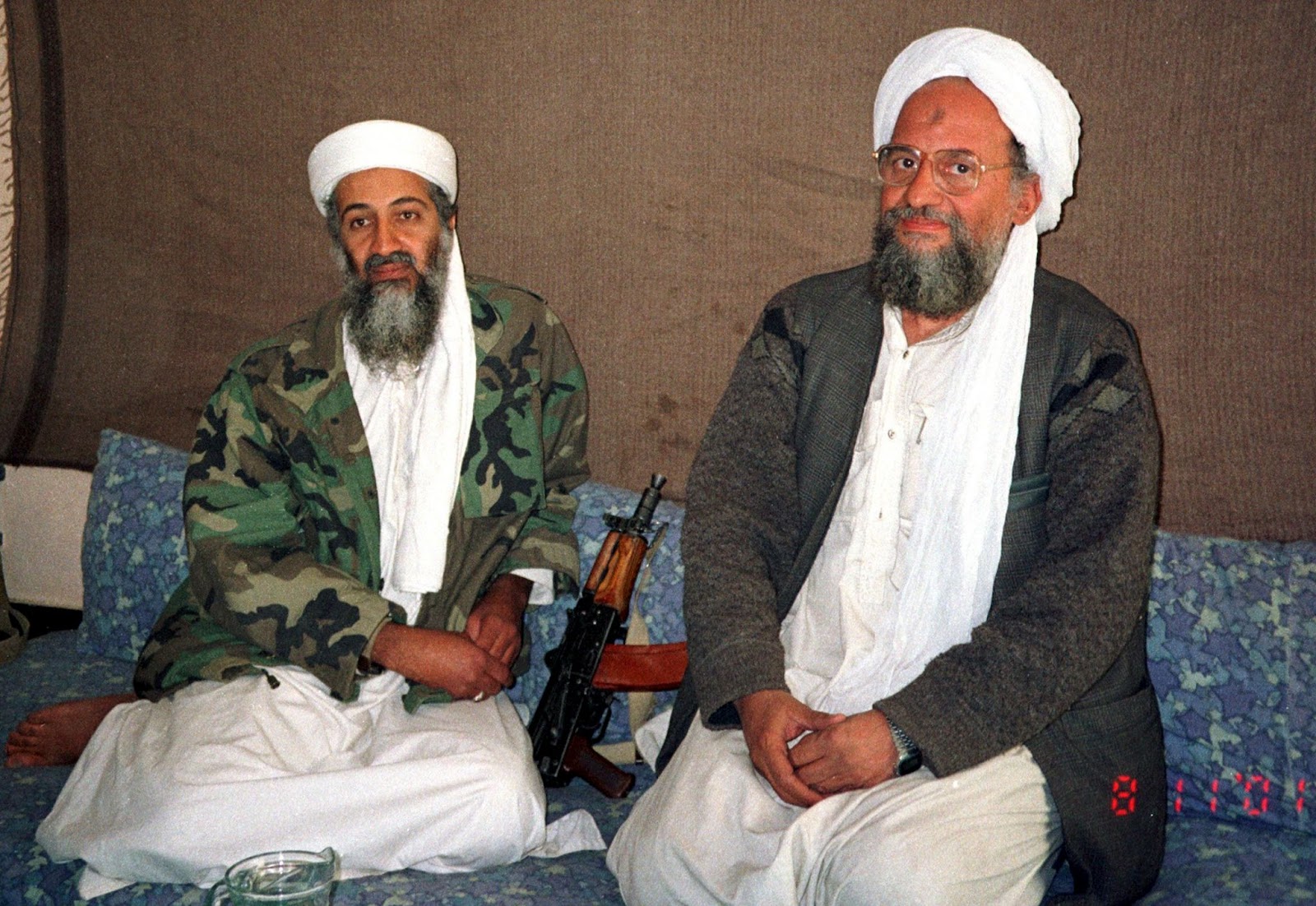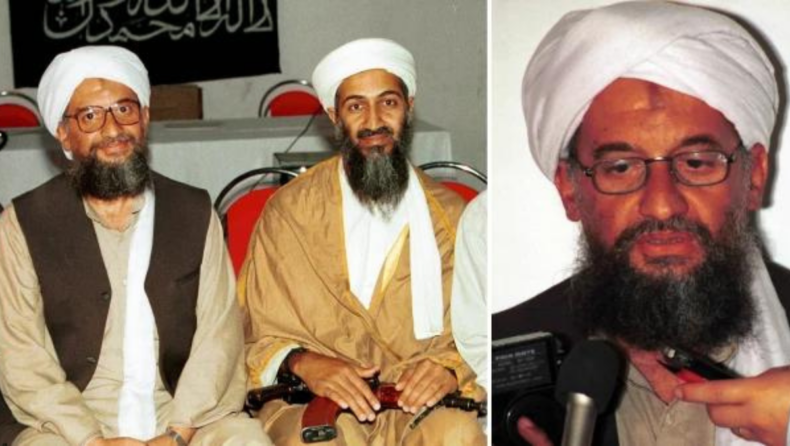What Al-Qaeda Chief Ayman al-Zawahiri’s Killing Means For India, he was killed in a drone strike by the United States, Zawahiri was one of the masterminds of the 9/11 attacks.

Source: Bing images
Infamous as the world’s No 1 terrorist, Al-Qaeda leader Ayman al-Zawahiri, has been accused of being a mastermind of many attacks. He was killed in a drone strike by the United States at Kabul, the Capital of Afghanistan
Another stealth attack by the US after the massacre of Osama Bin Laden in 2011, after whom Zawahiri had been acclaimed to be the supreme leader of Al Qaeda, was successfully handled. The US President, Joe Biden announced, “Justice has been delivered, and this terrorist leader is no more.”
Zawahiri played a significant role in targeting the United States on the Jihadi movement. However, his interference in Kashmir, the hijab row of Karnataka, and condemning of alleged massacres in Assam and the valley, are a handful of such instances where Zawahiri’s presence in India was noted.
In the past year, his intrusion in the internal matters of India was increasing and he was looked upon as a threat to the internal security of the nation.
The Kashmir Issue:
Zawahiri, in 2019, released a video asking “mujahideen in Kashmir” to inflict in the name of Islam, “unrelenting blows” on the Indian Army and the government in Jammu and Kashmir. Issuing a 14-minute speech he confirmed Pakistan’s involvement in spreading cross-border terrorism in different regions of India especially Kashmir. The video message was titled “Don’t forget Kashmir”.
Talking to the American news website FDD’s Long War Journal, Zawahiri said, “I am of the view that the mujahideen in Kashmir – at this stage at least – should single-mindedly focus on inflicting unrelenting blows on the Indian Army and government to bleed the Indian economy and make India suffer sustained losses in manpower and equipment. In doing so, the mujahideen must persevere patiently.”
Karnataka Hijab Row: His Role
Indian intelligence agencies took notice of Zawahiri, for his role in instigating Indian Muslims, while students of Karnataka moved the High Court on wearing hijabs and practicing their religious freedom.
Zawahiri released a video on the matter, through Al-Qaeda’s As-Sahab media, in which he raised banners against India Democracy branding it as “pagan Hindu”. He did not stop there, he also praised Muskan Khan, a student from Udupi who made headlines for chanting “Allahu Akbar” to take on a group of people shouting “Jai Shree Ram”.
Zawahiri had said, “May Allah reward her for showing a moral lesson to sisters plagued by an inferiority complex vis-a-vis the decadent Western world.” He also said that Muskan’s “defiant slogan of takbeer” had “emboldened the spirit of jihad” and had reawakened the Muslim community. He accused “the pagan Hindu democracy of India ” of seeking to “oppress Muslims”.
Al-Qaeda in India
He took over as the head of Al-Qaeda in 2011 after the killing of Laden, with an ambition to build a terror group focussing on India. Earlier, he had announced the establishment of the Indian branch of Al-Qaeda to “raise the flag of jihad” across the whole of South Asia.
Issuing a 56-minute-long speech, Zawahiri announced the formation of the Jamaat qaidat al-jihad fi’shibhi al-qarrat al-Hindiya, or Organisation of The Base of Jihad in the Indian Sub-Continent, and claimed that Al- Qaeda had not forgotten the Muslim brothers in India.
Vowing that the jihadist group will “break all borders created by Britain in India” he insinuated the region’s Muslims to “unite under the credo of the one god”.
Maulana Asim Omar was announced as the leader of Al-Qaeda in the Indian Subcontinent (AQIS). The India-born terrorist was killed in Afghanistan in 2019, however, the organization continues to exist in India, Pakistan, Afghanistan, Myanmar, and Bangladesh.
What does it mean for India?
Since last year, Al-Qaeda has been persistently meddling with India’s internal matters. Al-Qaeda weakened and its affiliate in the Indian subcontinent has been restricted to “small-scale regional attacks.”
Zawahiri’s interference continued, however, his death will stabilize the condition to some level, but with the killing of one man the thought and the organization cannot be killed. Therefore, the world should focus on eradicating terrorism with a bottom-up approach instead of dealing with it through a top-down approach.













